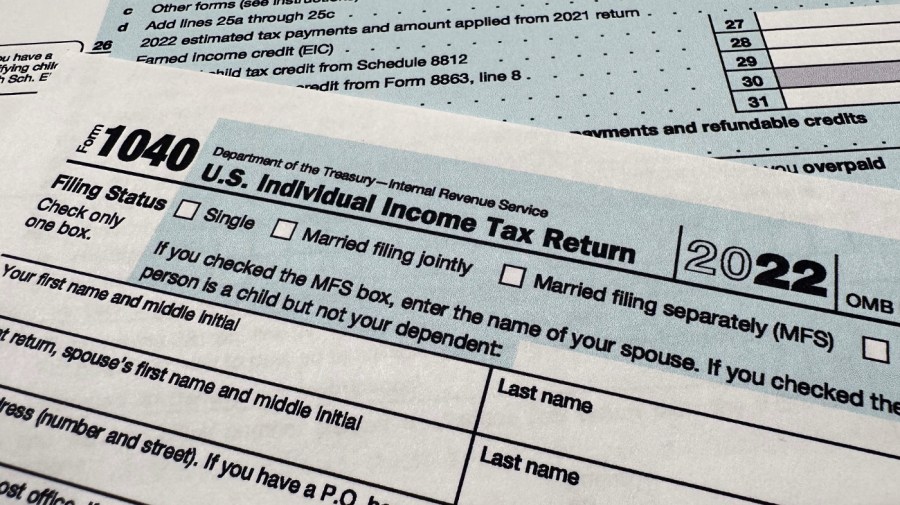
When taxpayers submit their returns this year, they will hope they have faithfully fulfilled their civic duties and can rest on their laurels — at least until next spring.
But for millions of taxpayers, there is no such closure. Instead, under current law, the IRS generally has three long years to audit their tax returns. Originally instituted in 1934, this long period is a relic of a bygone era, when there were no calculators, tax returns were completed and submitted on paper, and most audits were conducted in person because most homes lacked telephones.
Fast forward a century to the technological age in which we exist. The fastest computer software can now perform up to 1.102 quintillion operations per second. Nearly everyone carries a cell phones, which instantaneously provides information. Artificial intelligence has transformed how we interact in our business and personal lives.
Such technological advances have proven to be a boon to taxpayers and the IRS alike. For individual taxpayers, computer software eliminates the problem of mathematical errors, and more than 90 percent of income tax returns are electronically filed. Those that are paper returns can now be digitally scanned and processed.
For the IRS, third-party tax information returns (e.g., Form W-2s and 1099s), numbering over 5 billion per year, provide salient information to keep taxpayers’ reporting practices in check, and computer software combined with AI has made the detection of tax cheating much more readily apparent.
In a nutshell, what technology has done is to compress time. The IRS no longer needs three years or 1,095 days to process returns, select them for audit and then contact taxpayers. Given the current state of technology, the IRS can easily complete its oversight mission within two years, with a few meaningful exceptions for those who fail to file taxes or commit fraud.
Consider the numerous benefits of shortening the audit period. On the one hand, taxpayers would likely have better records and memories of events to defend the legitimacy of their reporting positions; on the other hand, the IRS could gain public stature as an agency that is adept and expediently able to accomplish its combined missions to collect revenue and assist taxpayers with the fulfillment of their civic duties.
A few years ago, Congress allocated $80 billion to the IRS (a portion of which has been legislatively clawed back) to help it modernize its equipment and better serve taxpayers’ needs. These resources were critical, as the agency was in dire financial shape, and they have indeed helped ensure that taxpayers receive world-class service and enhanced compliance.
However, Congress should have demanded something in return — a reduction in time for when and whether taxpayers would endure subsequent exposure regarding their tax return reporting positions. This also aligns with the goals of Elon Musk’s Department of Government Efficiency.
In the words of House Speaker Mike Johnson (R-La.), “Taxpayers deserve better. They deserve a more responsive government, a more efficient government.”
Regarding tax reform, Republicans and Democrats cannot agree on much. Nevertheless, politicians on both sides of the political aisle should relish giving their constituents a much-deserved psychological rest once they have completed their annual duty to file taxes.
Reducing the existing three-year general statute of limitations for the IRS to assess additional tax to two years is just such an opportunity.
Jay A. Soled is a distinguished professor of Taxation at Rutgers Business School. Leslie Book is the John H. Buhsmer Esq. ’84 Endowed Professor of Law Professor at Villanova University’s Charles Widger Law School.












